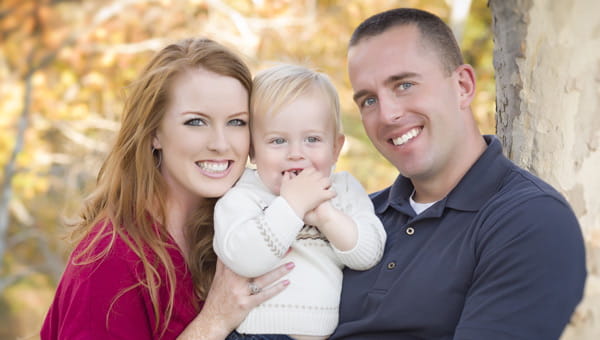Why Choose Us
Excellent physical health is built on a foundation of good mental health. For over 50 years, BayCare Behavioral Health has supported adults and children who have had mental health and addiction challenges. We’re committed to improving wellness through compassionate care and innovative approaches that meet the needs of individuals and families. As the largest community-based care provider in West Central Florida, we support more than 60,000 people in Hernando, Hillsborough, Pasco, Pinellas and Polk counties annually. When you or a loved one needs help, BayCare is there with expertise and unwavering support.
Our Approach to Care

Support and Education
Request a Referral for a Behavioral Health Specialist
Fill out the form or call (877) 850-9613. We’ll help you find a behavioral health specialist who will support you with the inpatient, outpatient or telehealth/online services you need.
If you're in a crisis situation and need immediate help, call the Suicide & Crisis Lifeline at 988.





